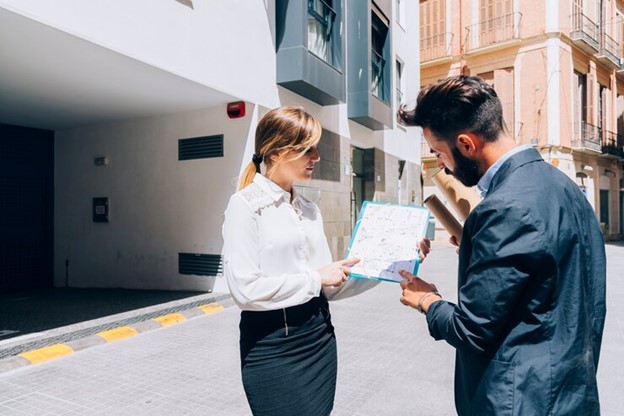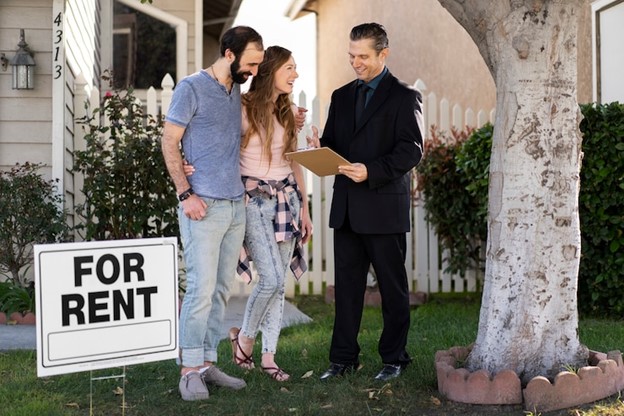Renting a home in a foreign country is an exciting milestone—but it comes with its share of considerations. Spain, known for its vibrant culture, sunny climate, and laid-back lifestyle, is a prime destination for expats, students, and travelers seeking long-term or short-term housing. Whether you’re eyeing the bustling streets of Barcelona or the serene beaches of Costa del Sol, understanding the local rental market is essential. For anyone searching for apartment in Spain, being well-informed before signing a lease can save time, money, and frustration.
1. Understanding the Spanish Rental Market
Spain offers a wide range of rental properties including apartments, townhouses, villas, and shared accommodations. In major cities like Madrid and Valencia, apartments are in high demand, particularly in central neighborhoods. In contrast, smaller towns may offer more spacious homes at lower prices. It’s important to research average rental prices in your desired area, as rates can vary significantly depending on location, amenities, and property type.
Additionally, Spain’s rental laws protect both tenants and landlords. Most long-term rentals follow the Urban Leasing Law (Ley de Arrendamientos Urbanos), which outlines terms regarding duration, rent increases, deposits, and termination policies. Reading and understanding this law can give you a stronger footing when negotiating lease agreements.
2. Short-Term vs. Long-Term Leases
Before committing, determine whether a short-term or long-term lease best suits your needs. Short-term rentals (usually less than a year) are common among tourists, digital nomads, or individuals in transition. These may come furnished and include utilities in the rent.
On the other hand, long-term leases (generally 12 months or more) often require more paperwork and may be unfurnished. However, they typically come at a lower monthly cost and offer more stability. Be sure to confirm the minimum stay requirement, as some landlords may require a six-month commitment even for short-term housing.
3. Essential Documents for Renting
To rent legally in Spain, certain documents are typically required. These may include:
- A valid ID or passport
- NIE (Número de Identificación de Extranjero), which is a foreigner’s identification number
- Proof of income or employment contract
- Bank statements or a bank guarantee (aval bancario)
Landlords may also request references from previous landlords or employers. Having these documents ready can streamline the application process and position you as a serious tenant.
4. Inspecting the Property and Understanding the Lease

Never sign a lease without inspecting the property first—either in person or via a virtual tour. Pay attention to key aspects such as plumbing, electrical systems, natural lighting, and the condition of appliances and furniture (if included). Take photos of the property on move-in day to avoid future disputes regarding damage.
The lease agreement should clearly outline the monthly rent, deposit amount, duration, responsibilities for repairs, utility coverage, and termination conditions. If the lease is in Spanish and you’re not fluent, consider having it translated or reviewed by a local lawyer or real estate professional.
5. Deposits and Extra Fees
Spanish landlords typically require a one-month deposit for long-term leases, although in some cases, two months may be asked for. Be wary of any landlord asking for significantly more, as this may be a red flag. Additionally, be sure to ask about agency fees, maintenance costs, and who is responsible for utilities. Understanding these expenses upfront will help you budget accurately and avoid unpleasant surprises.
6. Know Your Rights and Responsibilities
As a tenant, it’s crucial to know your rights under Spanish law. Landlords cannot increase the rent within the first five years of the lease unless otherwise agreed. They must also provide a livable, safe environment. Conversely, tenants are expected to pay rent on time, maintain the property, and notify the landlord of any major repairs needed.
In the event of a dispute, local tenancy offices (Oficinas Municipales de Información al Consumidor) can offer assistance, or you may consider legal consultation.
7. Finding the Right Neighborhood
Choosing the right location is just as important as the property itself. Consider proximity to public transportation, grocery stores, medical services, and your place of work or study. Expats often favor neighborhoods with a strong community presence, safety, and access to international schools or cultural centers.
If you’re unsure where to start, use online tools or local real estate platforms with filters that help you rent a house near me based on preferences like budget, amenities, or commute time.
8. Tips for Finding the Best Rental House

When searching for your ideal home, be patient and strategic. Use reputable property portals, ask for recommendations in local expat groups, and avoid making payments before viewing the property or signing a contract. Scams do occur, particularly online, so always verify ownership details and request official documentation.
To find the best rental house, compare multiple listings, consider your lifestyle needs, and don’t hesitate to ask questions. Whether you need a pet-friendly apartment in Spain or a home office space, clarify these expectations from the start.
Conclusion: Simplify the Rental Process with FlexsiRent
Navigating Spain’s housing market can be complex, but the right partner makes all the difference. Whether planning a business trip, solo adventure, or long-term relocation, FlexsiRent offers a curated selection of short-stay accommodations with comfort and professionalism at the core. From private rooms to entire homes, FlexsiRent helps simplify the search and offers peace of mind, making it easier to find your ideal rental in Spain.
